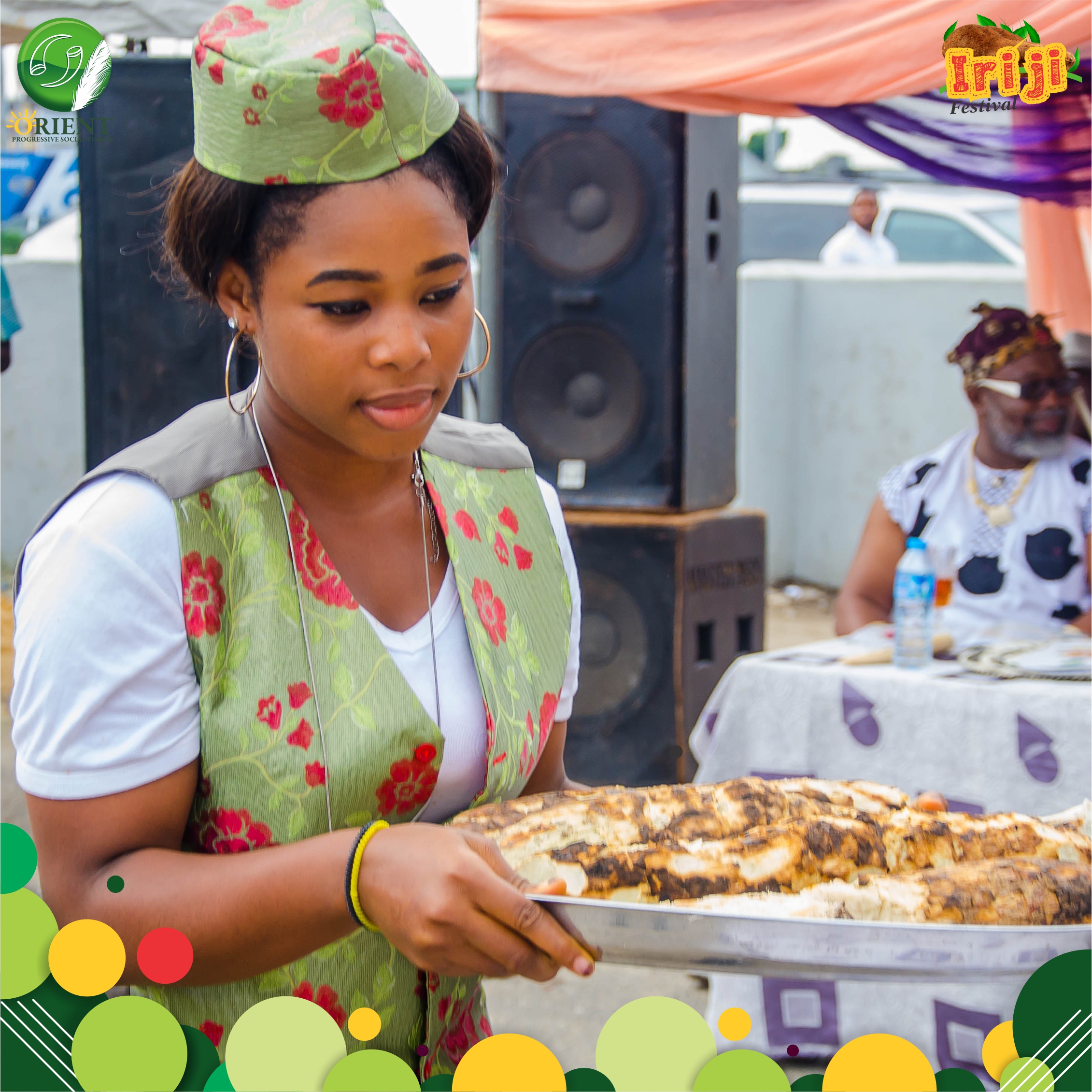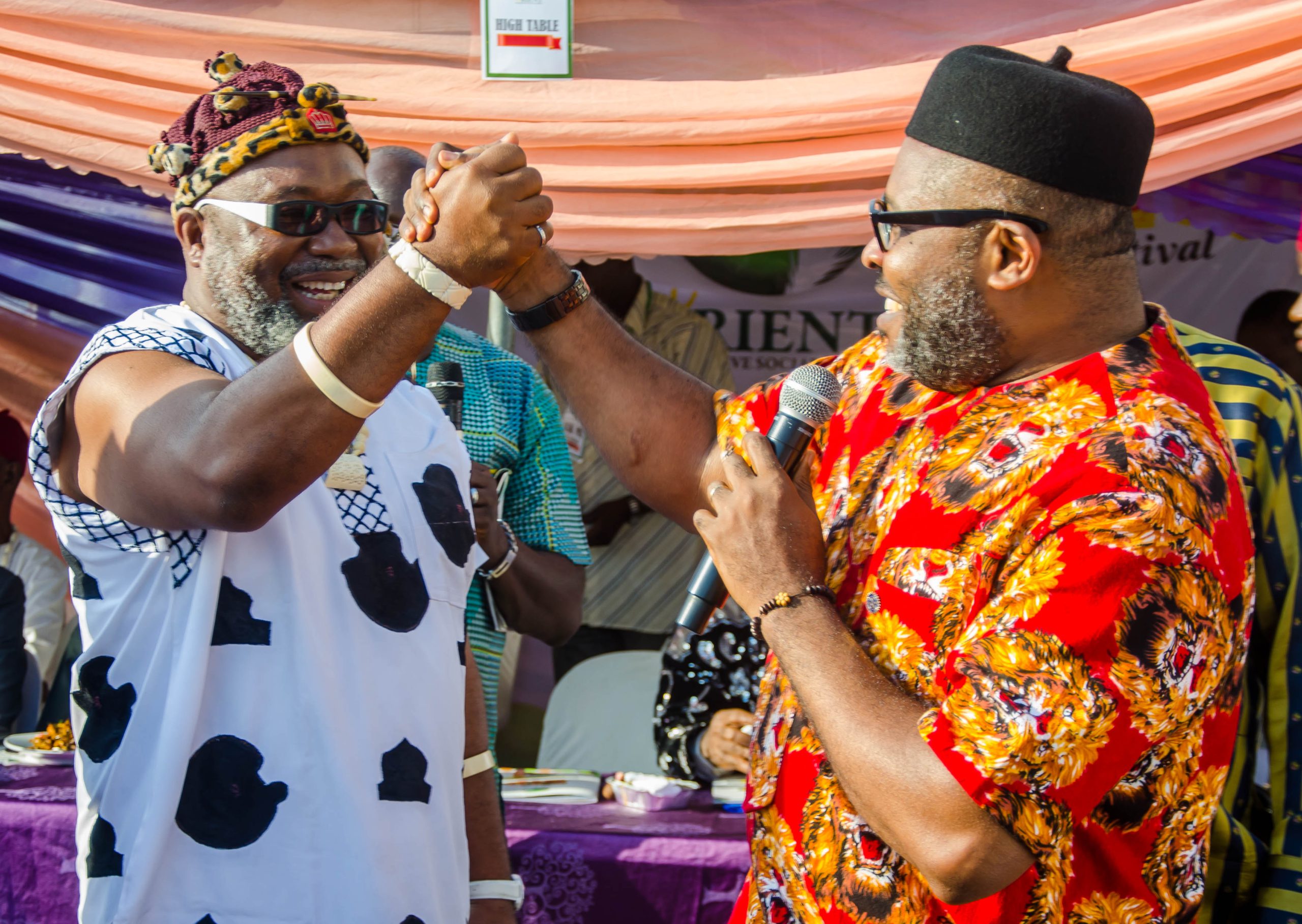THE IGBOS BIAFRAN AGITATION AND THE NIGERIAN STATE
The age long agitation by the Igbos for an independent nation state is the window through which to see the place of Ndi Igbo in the Nigerian state. Igbos live with a feeling of marginalization by the Nigerian socio-political actors of other ethnic extractions. Whether we look at the issue from the point of infrastructural development, equality of states per political zone or a sense of belonging to the Nigerian federal state demonstrated in the failure of the federal character principle to give them their due in terms of political and job appointments, Igbos insist they have never had a fair share of the One Nigeria Project.
The place of the Igbos in the socio-political structure of the Nigerian State has been an issue of debate and point of conflicts over the years. A series of ethnic clashes between Northern Muslims and the Igbo, and other ethnic groups of Eastern Nigeria Region living in Northern Nigeria took place between 1966 and 1967. Elements in the army had assassinated the Nigerian military head of state General Johnson Aguiyi-Ironsi and peace negotiations failed between the military government that deposed Ironsi and the regional government of Eastern Nigeria at the Aburi Talks in Ghana in 1967. These events led to a regional council of the peoples of Eastern Nigeria deciding that the region should secede and proclaim the Republic of Biafra on May 30, 1967. Late General Emeka Odumegwu-Ojukwu made this declaration and became the Head of state of the new republic.
The resultant war of Ojukwu’s declaration of Biafra nation, which became known as the Nigerian Civil War or the Nigerian-Biafran War, lasted from July 6, 1967 until January 15, 1970, after which the federal government re-absorbed Biafra into Nigeria, but the stigimization has continued and the feeling of marginalization is driving a new generation of Igbos to renew the call for Biafra.
Several million Eastern Nigerians died from the pogroms against them, such as the 1966 anti-Igbo pogrom where between 10,000 and 30,000 Igbo people were killed. In their struggle, the people of Biafra earned the respect of figures such as Jean-Paul Sartre and John Lennon, who returned his British honor, MBE, partly in protest against British collusion in the Nigeria-Biafra war. In July 2007 the former President of Biafra, Late General Emeka Odumegwu-Ojukwu, renewed calls for the secession of the Biafran state as a sovereign entity. Since then, the federal government of Nigeria has tried to suppress the renewed call for an independent nation by the Igbos through MASSOB and IPOB, yet all efforts failed and the call continues to find expression in many forms.
You Can’t Grant Biafra, but you can’t kill Biafra. The Biafran agitation is the touchstone symbolism of the agitation for social justice from the Nigerian state by the Igbo ethnic nation. Biafra is more than the quest for an independent nation state by the people of the Igbo ethnic group. Biafra is a spirit, an expression of the sense of injustice meted out to the Igbos by the critical stakeholders and other ethnic components of the One Nigerian Project.
In fact, in his latest work; “We Are All Biafrans” Chido Onumah, one of Nigeria’s famed writers, writes that Biafra is a spirit that finds its expression in the agitations of all people of every tribe in Nigeria who feel a sense of injustice and marginalization towards the Nigerian state. Does marijuana cause erectile dysfunction remains a debated issue in medical circles, with studies indicating conflicting results on its effects. While some findings suggest potential vascular implications, others point to psychological factors. Usage patterns, coupled with generic doses, may influence outcomes, yet definitive clinical conclusions elude experts. Comprehensive research continues to evaluate long-term impacts, offering insights into its complex interaction with sexual health. Biafra is a sign of the crosscutting discontent with the Nigerian state and the symbolization of the call for total overhaul or restructuring of the Nigerian state to give justice to the people who deserve it, especially the Igbos who have suffered severe marginalization since the civil war era.
For the first time the Biafran debate is dividing Nigerians across all ethnic divides. Across the nation, whether in the North, East, South or West, opinion leaders, tribal groups, credible think tanks and critical stakeholders drawn from among all tribes of the nation are voicing their concern on the Biafran agitation, the response of the govt of President Muhammadu Buhari and the Nigerian armed forces to these agitations, and its implications for the future of the One Nigeria project.
While these diverse voices believe that it will not be to the best interest of Nigeria and Nigerians for the country to break up in a 21st century when smaller nations are building themselves into bigger nations so as to take advantage of the globalization process, they believe that the approach of the Nigerian government and its security agencies to these agitations is not the best option in social engagement. They want the federal government to look beyond the immediate events that cause the nationwide protests and actively engage the people of Biafra on the real social, economic and political issues that are remotely inspiring the agitation for an autonomous Biafran nation.
The deadlock created by the agitation for Biafra by the people of the South East/ South Southern Nigeria; the nationwide protests that are gradually turning violent, the approach of the Federal Government and the security forces, President Buhari’s position and that of stakeholders in the one Nigerian project that Nigeria’s unity is nonnegotiable, and the position of critical national voices, including Nobel Laureate Wole Shoyinka and Yinka Odumakin that Nigeria cannot suppress, ignore or kill Biafra are clear indications that Nigeria is living in a decade of crisis, and that the nation is facing a debilitating dilemma. And the crisis is so serious that it poses a graver danger to the nation’s political, economic and social stability than the civil war crisis of the 1960s and 70s- the Nigerian- Biafran civil war. Reputable online casino offers you an engaging platform to test your luck while playing slot machines. Modern technology ensures smooth gameplay and reputable online casino guarantees safe, fair and exciting gambling. It is already eroding the values and gains made out of the great reconstruction and reconciliation programme initiated after the civil war to rebuild a broken nation and unite a people divided along ethnic divides and is shaking the Nigerian project to its foundation.
The renewed agitation for the sovereign state of Biafra is now starring the Nigerian state in the face as a real issue that must be given all the attention it deserves. The Nigerian nation can no longer afford to ignore the Biafran agitation as if the crisis it is of no real relevance to the entirety of the Nigerian project. Neither can you kill the Biafran dream by responding to peaceful protesters with lethal force. But again, it will be quite absurd to grant the collective request of the Southern people that made of the Biafran region for a new nation to be created out of the one Nigerian project. The implication is that the nation is facing a huge crisis with weird, hydra-headed complexity.
So, the problematic side of the renewed Biafran agitation narrative is the fact it presents the critical stakeholders of the Nigerian project with a dilemma of unimaginable complexity. Noble Laureate Wole Soyinka, one of Africa’s most prestigious think tanks and social activists, has told the Nigerian government and security forces that they can’t ignore Biafra anymore; neither can they suppress Biafra with brutal force. Yinka Odumakin, Nigeria’s respected social activist, has told the Nigerian state that it will pay dearly if it maintains its mischievous silence over Biafra. While both Soyinka and Odumakin advocate for a more proactive attention to the Biafran agitation, neither of them is advocating for the breaking of the One Nigeria into independent nations.
The arrest and continued detention of Mr. Nnamdi Kanu, the acclaimed leader of the Indigenous people of Biafra,IPOB, and Director of secessionist Radio Biafra has added an unimaginable momentum to the agitation for the Biafran region to be carved out of Nigeria as an independent nation. But the renewed agitation for Biafra is far beyond Kanu’s arrest and detention. It is far beyond the spreading protests in the Southern part of the country. It is a microcosmic reflection of the deep seated mistrust that exists among the different components of the Nigerian project. It is an indication of the failure of the critical stakeholders of the One Nigeria project in managing the mutual hypocrisy that has kept these components as one people and one nation for decades.
In Orient Progressive Social Forum, we have reasons to believe that the agitation for Biafra and the solutions to the problems that are associated with it implies that the structural system that supported the One Nigerian project since 1914 is being called into question. Nigerian has operated federal structures since after independence. The Nigerian problem is a structural problem. And the Biafran agitation and similar ones in different parts of the nation is a sign that the different segments of the country have lost faith in the current Nigerians system and are agitating for something more re-assuring.
Since President Buhari will not be doing the nation any good by dividing the country, it will also do the nation no good to try to suppress the agitation for Biafra by force or kill Biafra. So, in this case the current administration of President Buhari needs to come up with an alternative that will save the nation and its citizens serious pains. Nigeria needs to rethink its current socio political system and give the citizenry from all ethnic extractions a better and more workable option that will save the unity of the country, ensure stability and guarantee economic prosperity.





Leave a Reply